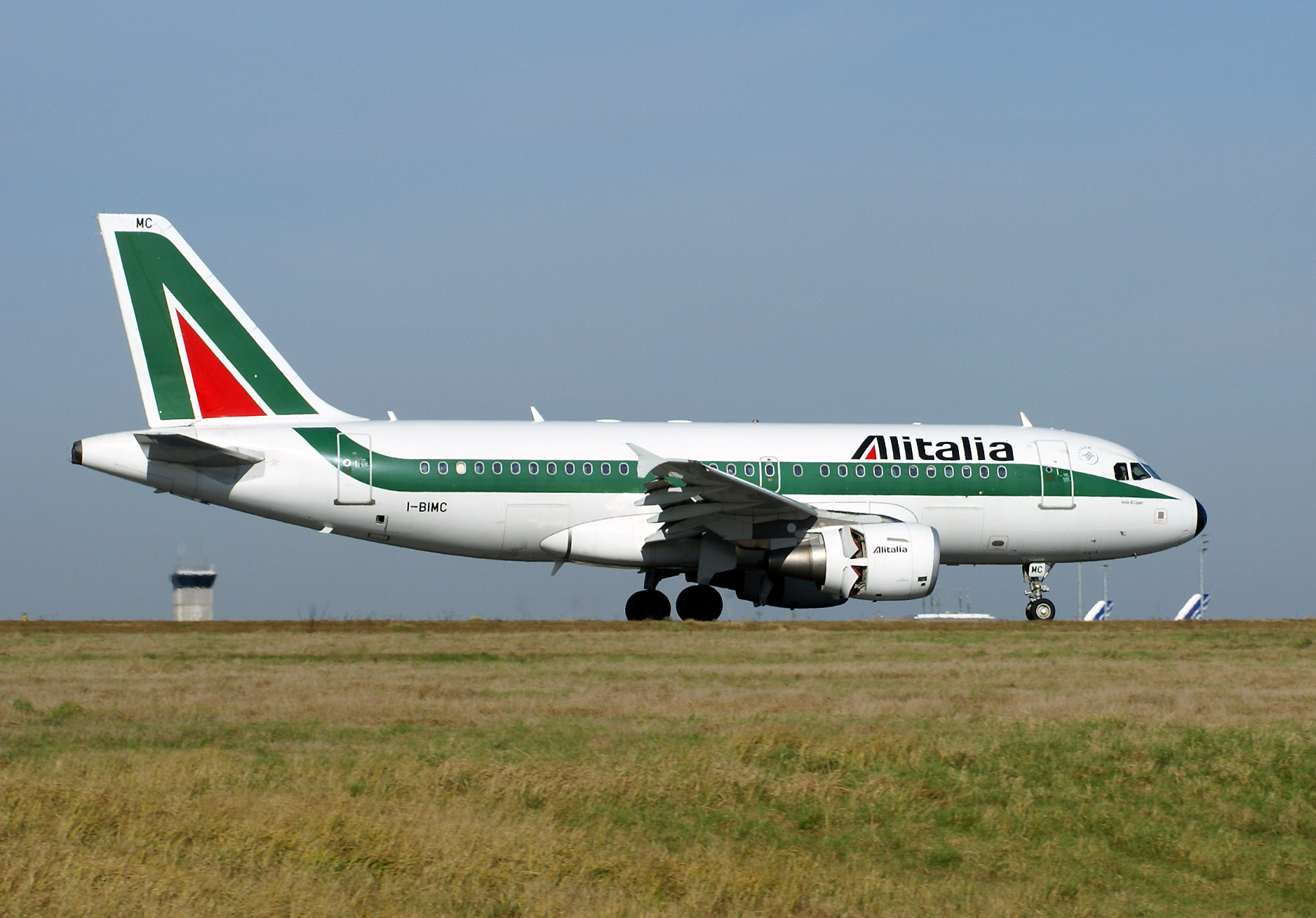BBC’den güzel bir özet…
By Ben Richardson
Business reporter, BBC News
Imagine if British Airways forced you to live in London if you wanted to work for the airline. As crazy as it sounds, that is exactly the sort of rule that was in place at Italian airline Alitalia as recently as 10 years ago. Anyone who wanted to work for the national carrier had to be registered as living in or around Rome, the country’s capital and hub of political life. Whole suburbs became dominated by Alitalia workers as they bought up real estate to safeguard their jobs. Today that rule is no longer in place. It was ended in 1998, but not before Alitalia was forced to fly staff from Rome to Milan and back again every day, so it could run its new operations at Milan’s Malpensa airport. That whole episode helps to highlight how tightly interwoven Italian politics and society are in the company’s past and present, and just how dysfunctional Alitalia is.
Anyone trying to untangle the strands and save the loss-making airline will face a massive task – not least because they have to negotiate with 10 trade unions and allay regional concerns centred on three of Italy’s main cities, Rome, Milan and Naples.
Air France-KLM is discovering just how tricky getting a deal done can be, and its takeover of Alitalia is hanging in the balance after talks with unions collapsed on Thursday. Analysts say there is scant hope of a resolution in coming days, as Italy will hold a general election in little more than a week – and harsh economic realities and job losses are unlikely to be seen as vote winners. Guilty parties? From the outside, it seems as if Alitalia is simply a victim of bad timing and that once the election is over, a clear path to recovery should be found. But talk to people who have followed the airline closely and they will tell you that the current situation is a culmination of years of bad decisions, management problems, political instability and an unwillingness on all sides to make difficult decisions.
“It is not easy to find one guilty person, an executive or politician,” says Oliviero Bacchelli of Bocconi University’s centre for research into regional transport and tourism. “For 10 years, it was many politicians and many executives. And in the last two-and-a-half years, there has been complete inertia,” he explains. “Not a single decision has been taken. They decided not to decide.” This inertia has left the company on the verge of collapse. It is losing about $1m (£500,000) a day, and Economy Minister Tommaso Padoa-Schioppa said the only alternative to an Air France-KLM takeover would be to put Alitalia into emergency administration. Flying politics Alitalia’s problems came to a head two years ago when a restructuring plan, underpinned by an cash injection of 1bn euros, was scuppered by yet another general election. A change in government led to a change in management, and a decision was taken to privatise Alitalia rather than turn the company around. The Italian government has been trying for more than a year to sell its 49.9% stake, but had put off a number of purchasers by attaching conditions that included maintaining staff levels, not closing loss-making routes and not eroding Alitalia’s national identity. This time they are being more realistic. However, analysts say their window of opportunity may have passed. The sale of Alitalia has been opposed by prime ministerial candidate Silvio Berlusconi, while other politicians have been hunting high and low for a domestic saviour to step forward and preserve Alitalia. The only point that is not in dispute is that Alitalia is in dire need of an overhaul. Fixing problems At the heart of the business, there is a profitable core, analysts say, pointing out that the routes in and out of northern Italy are some of the most attractive and valuable in Europe. It is just that there is so much other stuff attached to the company that needs to be sorted.
Take, for example, the state of its aircraft fleet and maintenance operation. Many of its passenger planes are McDonnell Douglas 80s, which first flew in 1980 and went out of production nine years ago. They are less fuel-efficient than new aircraft, take longer to service, need more regular checks and use more expensive spare parts. At the same time, Alitalia’s main maintenance operations are based in Naples, which is not a main airport for the company, so planes need to fly in and out to get serviced. Also, because the company focuses less on the more modern planes, it is almost impossible for them to service the aircraft of other airlines, placing serious limitations on their profitability and efficiency. Little choice These are not isolated problems. Alitalia is riddled with outdated operating methods that have built up, layer upon layer, until the company has all but seized up. The problem facing any potential buyer is how to make cost cuts without alienating and spooking workers who see their jobs as being the only viable option in a country where the economy is creaking and employment is becoming less stable and long-lasting. Yet while their concerns may be understandable, they may have little choice but to bite the bullet, analysts say. Alitalia cannot compete with budget airlines, such as Easyjet and Ryanair, that have criss-crossed Italy with cheap flights and service a number of destinations in the country. Nor can it continue to haemorrhage money and stay open. Experts say the most likely outcome is that Air France-KLM will manage to strike a deal, and Alitalia will be restructured and operated just like any other modern airline. In the meantime, the arguing is set to continue in what has become a singularly Italian business drama.

